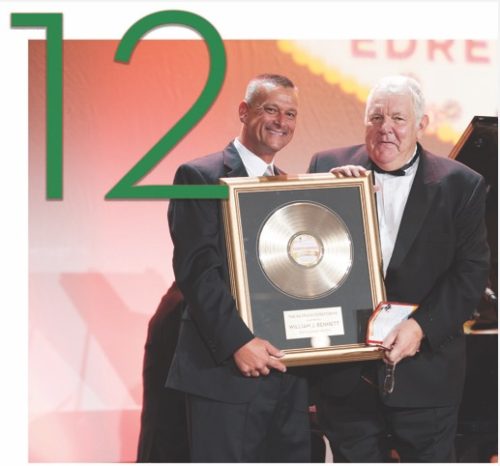Wise People Knowing!
(11th) Great Funders Funding
10th) Best of Teachers Teaching
(9th) Nine Data Dancing
(8th) Charter Schools Leading
(7th) Opportunity Scholars Expanding
(6th) Parent Power Growing
(5th) State Policy Changing
(4th) Reformie Ladies Lunching
(3rd) A Global Hub for Technology
(2nd) Model Legislation
And a Nominee for Opportunity!
The final in our 12-ish days of Christmas series, intended to bring gifts to education reformers everywhere!
 The Wise People of the education reform movement – or as we lovingly call them, the Pioneers – are the people no one ever really talks about anymore, but are the ones who made EdReform happen, and whose work led to the innovations that many rest on today.
The Wise People of the education reform movement – or as we lovingly call them, the Pioneers – are the people no one ever really talks about anymore, but are the ones who made EdReform happen, and whose work led to the innovations that many rest on today.
Before it was cool there was also very little social media, and email was something you did after you had a meeting or a conversation (not in place of). The result was that the EdReform movement was crafted in person or by phone, in long meetings, retreats, conference lobby bars, and the like. Calls were made to each other at night in the heat of battle as legislators were slugging it out on the floor (Rep. Sally Perz of Ohio can regale you on that one). The best way to craft a school choice policy that helped children most in need was negotiated artfully with disparate coalitions of Type A people (Susan Mitchell of Milwaukee still has the scars to prove it).
There was Linda Brown in Massachusetts, Ted Rebarber in DC, Ember Reichgott Junge in Minnesota, Yvonne Chan in California, and countless others.
Their goals were ambitious and bold, and they rarely took “no, we can’t do it,” for an answer.
That’s why pioneers are so important. They teach us what is possible, and why it’s often worth waiting for the best.
Today’s leaders, from state houses to Washington, DC, can benefit from lessons learned of the past. It’s fitting then that “Wise People Knowing” — our final day in the 12-ish Days of Christmas series — happens to end today on the Epiphany, the story of the 3 Wise Men and the Magi. We have our own wise men – and women. Here’s to remembering that, and knowing that we don’t truly have knowledge until we know what has come before.

